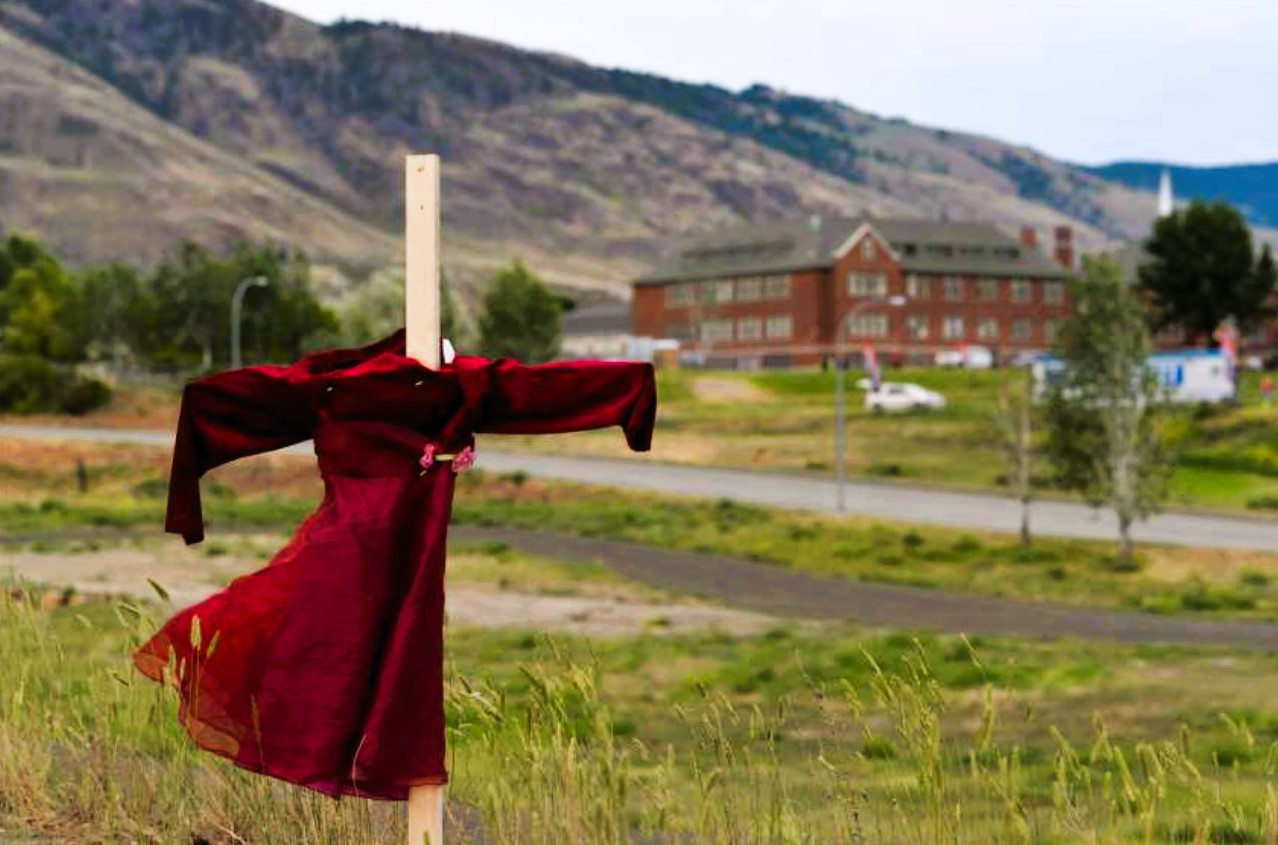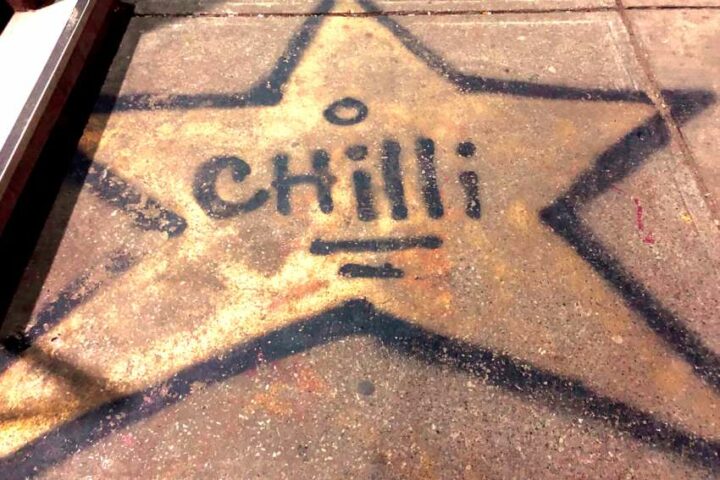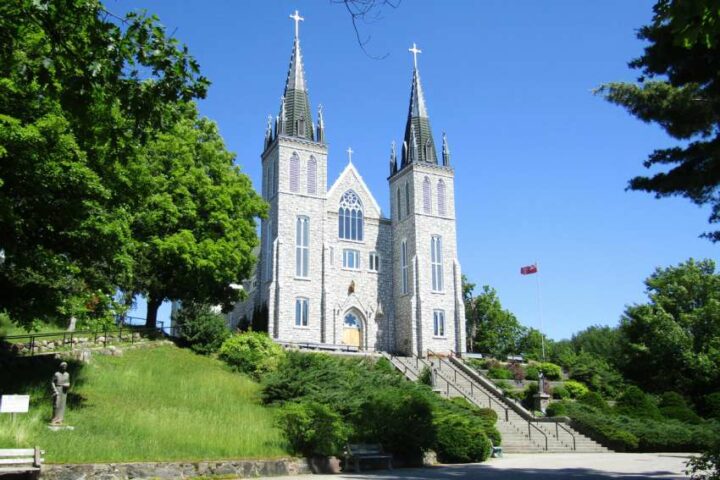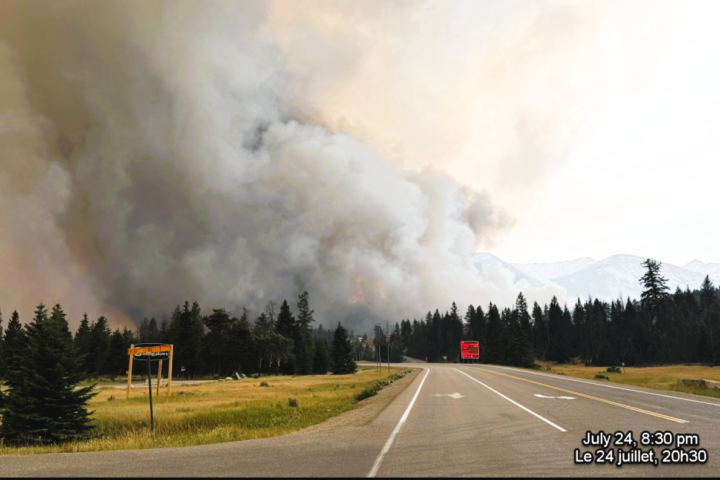A planned National Gathering on missing Indigenous children and unmarked graves has been abruptly postponed, days before it was reported that there is no public accounting for the millions of dollars that the federal government has sent to the Kamloops First Nation to investigate residential school burial sites.
Meanwhile, the final report from the Office of the Independent Special Interlocutor for Missing Children and Unmarked Graves and Burial Sites also appears to be in limbo at least temporarily.
The $7.9 million allocated to the Tk’emlups te Secwepemc First Nation for “field work” at the alleged site of 215 unmarked graves in Kamloops is only a small portion of the $110 million allocated to Indigenous communities to help them search and document burial sites at former residential schools.
On May 9, Blacklock’s Reporter revealed there has been no public accounting for the millions disbursed by the Department of Crown-Indigenous Relations to the Kamloops First Nation for “field work, records searches and to secure the Residential School grounds.”
Crown-Indigenous Relations has not released an audit of the funding under the Access to Information Act. Spokesperson Carolane Gratton advised Blacklock’s to direct questions to the Tk’emlups te Secwepemc.
In turn, the community told Blacklock’s that though it was “focused on the scientific work that needs to be done,” it would not discuss the $7.9 million.
On May 7, two days before the Blacklock’s story appeared, the Office of the Independent Special Interlocutor for Missing Children and Unmarked Graves and Burial Sites announced on social media that its National Gathering on Unmarked Burials has been postponed.
The June 11-13 event was scheduled to take place in Ottawa to mark the end of the office’s two-year mandate and the release of a final report.
No reason was given for the postponement. The Catholic Register enquired as to whether the delay of the national gathering also meant the release of the final report would be deferred.
Tracey Turner, Executive Assistant for the Office of the Special Interlocutor, acknowledged receipt of the Register email and said there would be “more information to follow.”
In August 2021, in response to the public outcry elicited by Kamloops Chief Rosanne Casimir’s announcement of the discovery of the graves of “215 children who were students of the Kamloops Indian Residential School,” former Minister of Crown-Indigenous Relations Carolyn Bennett announced that $83 million would be added to an existing $27 million to fund searches of burial sites and to commemorate children who had died at residential schools.
To date, no remains have been recovered at the site of the former Kamloops Residential School. In August 2023, it was reported that work at the former Pine Creek Residential School in Manitoba had also produced no evidence of human remains.
The $110 million from Crown-Indigenous Relations was itself part of an even larger funding package announced jointly with former Justice Minister David Lametti. In total, the ministers announced $321 million in spending for programs to help Indigenous communities.
Part of that funding was directed to establish the Office of the Independent Special Interlocutor.
Lametti, who said Canada did not have the necessary legal tools to deal with the “complex issues” raised by the discovery of unmarked graves, committed to the appointment of an interlocutor who would work under the umbrella of the Justice Department.
Kimberly Murray, former executive director of the federal Truth and Reconciliation Commission, was appointed Independent Special Interlocutor in June 2022.
Her mandate was to “identify needed measures and make recommendations for a new federal legal framework to ensure the respectful and culturally appropriate treatment of unmarked graves and burial sites of children associated with former residential schools.”
An interim report released by Murray in June 2023 spoke of a new “Reparations Framework” that would “address the gaps and barriers within Canada’s current legal system, which is ill-equipped to provide accountability and justice for Indigenous Peoples in the face of genocide, colonial violence, and mass human rights violations.”
The report leaned heavily on the concept of “residential school denialism” being a deterrent to the process of reconciliation. The term “denialism” was used 40 times in the 179-page document.
Barbara Lavallee, a researcher and member of the Cowessess First Nation in Saskatchewan, is quoted as saying that Indigenous communities, including her own, are “targeted by denialists” whenever the media covers unmarked burials at Indian Residential School sites. She said that “her community has learned that the best response to denialism is no response at all.”




